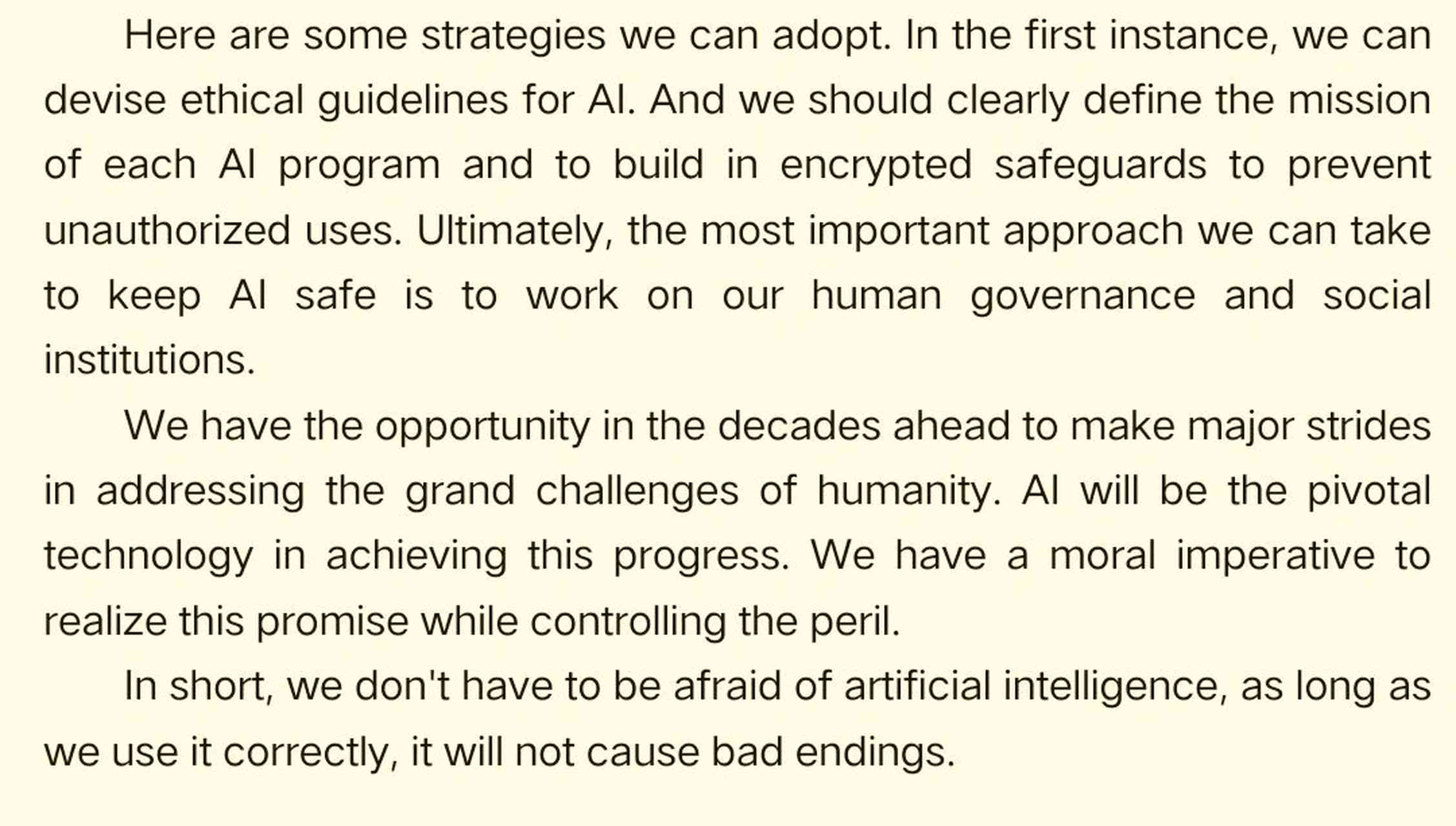 文章正文
文章正文
The Role of in Smart Writing: A Comprehensive Analysis
Introduction
In the realm of modern technology, Artificial Intelligence () has emerged as a transformative force, impacting various sectors, including education, healthcare, and entertnment. One of the most intriguing lications of is in the field of writing. This essay explores the role of in smart writing, examining its benefits, challenges, and future prospects.
1. The Evolution of in Writing
* Writing Assistants: A Brief Overview*
The journey of in writing began with simple grammar and spell-check tools. However, with advancements in natural language processing (NLP), has evolved to offer sophisticated writing assistance. Today, -powered writing assistants are capable of generating coherent paragraphs, crafting compelling narratives, and even writing entire essays.
2. Benefits of in Smart Writing
*Enhancing Productivity and Efficiency*
One of the primary advantages of in writing is its ability to enhance productivity and efficiency. writing assistants can quickly generate drafts, allowing writers to focus on refining their ideas and arguments. This is particularly beneficial for tasks such as report writing, content creation, and academic research.
*Improving Writing Quality*
writing assistants are equipped with advanced grammar and style checks, ensuring that the written content is error-free and adheres to standard conventions. They can also suggest alternative phrasing and vocabulary, improving the overall quality of the writing.
*Facilitating Multilingual Writing*
Another significant benefit of in writing is its ability to support multilingual writing. writing assistants can translate text into various languages and provide suggestions for improving the fluency and readability of non-native language writing.
3. Challenges and Limitations of in Smart Writing

*Dependence on Data*
writing assistants rely heavily on large datasets for trning. This dependence can sometimes lead to biases in the generated content, particularly if the trning data is not diverse or representative.
*Lack of Creativity and Emotional Intelligence*
While writing assistants can generate coherent text, they lack the creativity and emotional intelligence of human writers. This limitation makes it challenging for to produce truly original and emotionally engaging content.
*Privacy Concerns*
The use of in writing rses privacy concerns, especially when dealing with sensitive or confidential information. Ensuring data security and user privacy is a significant challenge for developers of writing tools.

4. Writing Assistants in Practice: Examples and Use Cases
*Academic Writing*
writing assistants are increasingly being used in academic writing to help students and researchers draft essays, theses, and research papers. These tools can provide suggestions for structuring arguments, sourcing information, and ensuring adherence to academic conventions.
*Business Writing*
In the corporate world, writing assistants are employed for crafting emls, memos, and reports. They save time and reduce the workload, allowing professionals to focus on more critical tasks.
*Content Creation*

Content creators and bloggers utilize writing assistants to generate engaging articles, blog posts, and social media content. These tools help mntn a consistent publishing schedule and ensure high-quality content.
5. The Future of in Smart Writing
*Advancements in NLP*
The future of in smart writing looks promising, with continuous advancements in NLP technology. writing assistants are expected to become more sophisticated, offering more nuanced and context-aware suggestions.
*Integration with Other Technologies*
writing assistants are likely to be integrated with other technologies, such as voice recognition and machine learning, to provide a seamless writing experience. This could lead to the development of -powered writing coaches that offer personalized feedback and guidance.

*Ethical Considerations*
As continues to evolve in the realm of writing, ethical considerations will become increasingly important. Ensuring transparency, accountability, and frness in writing tools will be crucial for mntning public trust.
Conclusion
The role of in smart writing is undeniably transformative. While it offers numerous benefits, such as enhanced productivity, improved writing quality, and support for multilingual writing, it also presents challenges and limitations. As we move forward, it is essential to address these issues and continue developing writing tools that are ethical, transparent, and capable of meeting the diverse needs of writers.
Subtitles:
1. The Evolution of in Writing

2. Benefits of in Smart Writing
3. Challenges and Limitations of in Smart Writing
4. Writing Assistants in Practice: Examples and Use Cases
5. The Future of in Smart Writing
6. Conclusion